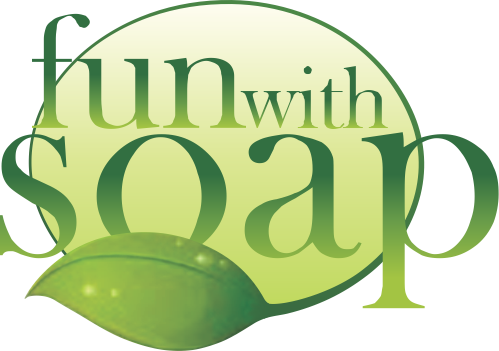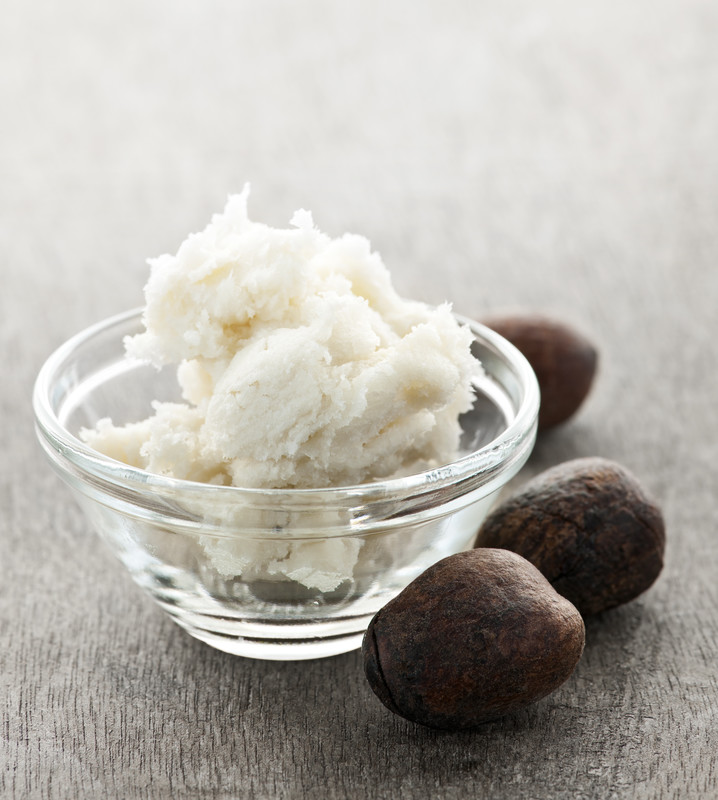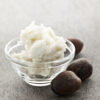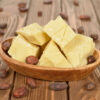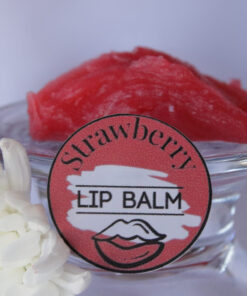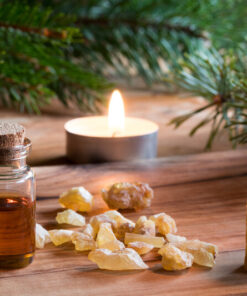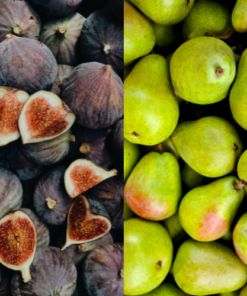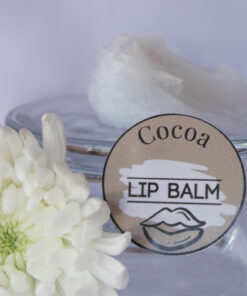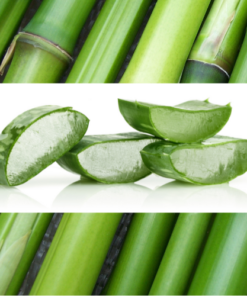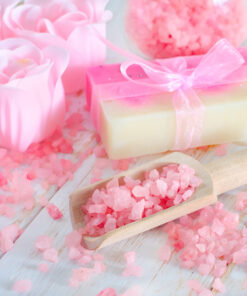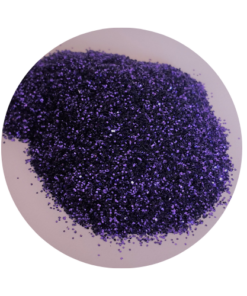Shea Butter (Refined) – 250g
R61,60
Shea Butter (Refined) – 250g – a popular ingredient in skincare and cosmetic products, known for its moisturizing and nourishing properties.
26 in stock
Shea Butter (Refined) – 250g
Key Features: Shea Butter (Refined)
-
Moisturizing
Shea butter is a powerful moisturizer that helps soothe dry and cracked skin. It effectively locks in moisture, creating a protective barrier on your skin’s surface. -
Nourishing
Rich in vitamins and fatty acids, refined shea butter nourishes the skin. It promotes a smoother, healthier complexion, helping to rejuvenate your skin. -
Versatile
Refined shea butter is a highly versatile ingredient, ideal for a variety of products. It’s commonly used in lotions, creams, body butters, lip balms, and haircare formulations. -
Mild Scent
Unlike unrefined shea butter, refined shea butter has a mild, neutral scent. This makes it suitable for various formulations and allows you to customize it with your choice of essential oils or fragrances.
Common Uses:
-
Body Butter
Refined shea butter is a key component in body butter formulas. When combined with carrier oils and essential oils, it creates a luxurious and deeply moisturizing product. -
Lip Balms
Many lip balms rely on shea butter’s hydrating properties to prevent chapped lips and provide a smooth texture. -
Hand Creams
Hand creams frequently incorporate shea butter to help soothe and moisturize dry hands, leaving them soft and smooth. -
Hair Conditioners
Some hair conditioners use shea butter to nourish and soften hair, helping to restore its natural shine and health.
Benefits:
-
Intense Moisturization
Shea butter provides deep, long-lasting hydration to the skin, alleviating dryness and flakiness. Its moisturizing effects help maintain soft and supple skin. -
Skin Nourishment
Packed with vitamins A and E, shea butter nourishes the skin, promoting its overall health and appearance. -
Softening Effect
The butter softens rough skin, improving its texture and making it smoother to the touch. -
Natural Emollient
Shea butter is a natural emollient, smoothing the skin’s surface and offering a soft, hydrated feel.
Refined shea butter is an excellent addition to any skincare and cosmetic formulation, delivering deep moisturization and nourishment. It’s a popular choice for those seeking effective, natural solutions for skin and hair care.
Please note that refined shea butter undergoes processing to remove impurities and odor, resulting in a milder scent compared to its unrefined counterpart.
| Weight | 0,300 kg |
|---|---|
| Dimensions | 13 × 13 × 13 cm |
